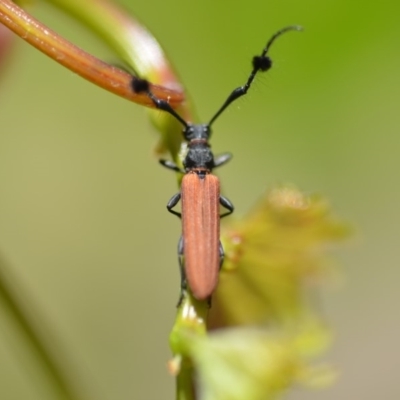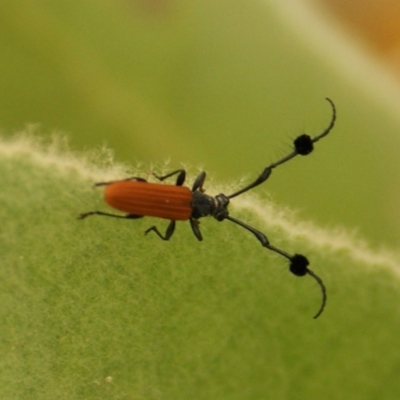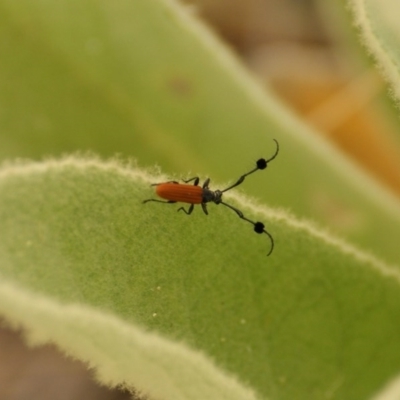Insect species
A guide to Australian insect families (from CSIRO) can be found at:
http://anic.ento.csiro.au/insectfamilies/
Daley, A. & Ellingsen, K., 2012. Insects of Tasmania: An online field guide
A useful introduction to Insects, visit:
http://australianmuseum.net.au/uploads/documents/9362/invertebrate_guide.pdf
A diagram of Insect morphology illustrating terminology with legend of body parts:
https://en.wikipedia.org/wiki/Insect_morphology#/media/File:Insect_anatomy_diagram.svg
A diagram of an insect illustrating terminology based on a worker ant, see:
https://en.wikipedia.org/wiki/Gaster_(insect_anatomy)#/media/File:Scheme_ant_worker_anatomy-en.svg
Photographing insects
There are two main ways to photograph insects with a camera: using a macro close-up lens or a zoom lens. If the insect tolerates your getting very close, then you can use the macro lens. For example, some moths will remain quite still when approached, believing they are camouflaged and invisible. However, many insects, especially those that can fly, will move away when you approach. This is especially true for insects like butterflies and dragonflies. So a good zoom lens is very useful for photographing many insects. If you are using a smartphone, then use a macro lens or a macro attachment. E.g. OlloClip for iPhone. If you want to have an insect identified to species then clear photographs are usually needed because minute parts of the anatomy may need to be checked. It is valuable to take several photos from various angles so that these anatomical details can be seen. Many insects are have particular plants that they feed on, and they can be identified more easily when the associated plant is known. So if the insect is resting or feeding on a plant, take note of what the plant is or ensure that a photo shows the plant clearly.















































































































































